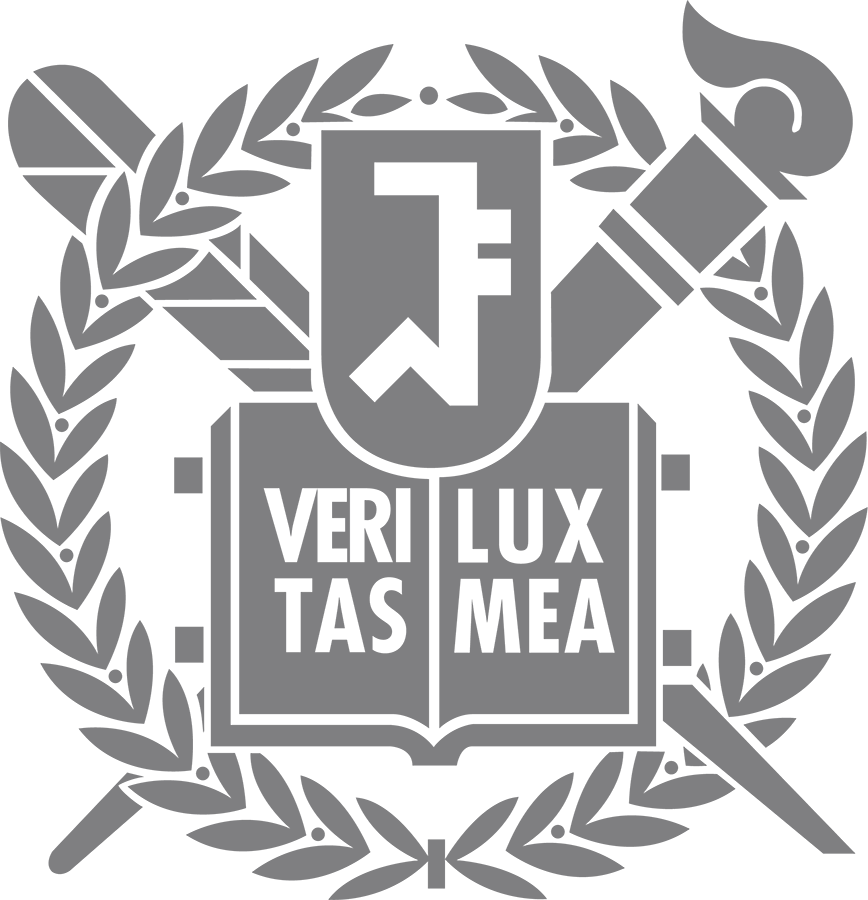Seminar and Event
[기계전공대학원 세미나] Manipulating and Measuring Cell Mechanics for Medicine (Prof. Dino Di Carlo, University of California Los Angeles
1. 제 목 : Manipulating and Measuring Cell Mechanics for Medicine
2. 연 사 : Prof. Dino Di Carlo
Department of Bioengineering, University of California Los Angeles (UCLA)
3. 일 시 : 2013년 11월 29일 (금) 16:30-17:30
4. 장 소 : 301동 105호
5. 내 용
Cell deformability (i.e., the ability to change shape under an applied force) is a promising physical marker indicative of underlying structural changes associated with various disease processes and changes in cell state. We are combining precision microfluidic control of cells with automated high-speed image analysis for high-throughput cell classification based on intrinsic biomechanical properties. I will first discuss general strategies we are developing to passively manipulate particles and fluids using simple geometric modifications within microchannels. Our approaches make use of fluid inertia, generally neglected in microfluidic systems, to create well-defined directional forces and fluid deformations that can be combined in a sequential and hierarchical manner to program complex particle and fluid motions. Low complexity modular components to manipulate cells, particles, and fluid streams in which inertial fluid physics is abstracted from the designer has the capability transform biological, chemical, and materials automation in a similar fashion to how modular control of electrons and abstraction of semiconductor physics transformed computation. We apply these fundamental techniques to position cells for high-speed fluid-based deformation and optical analysis. The “deformability cytometer” instrument shows promise in identifying cancer cells, activated white blood cells, and stem cells in mixed populations – without labels - for a variety of clinical and regenerative medicine applications.
6. 약 력
Dino Di Carlo is an Associate Professor in the Department of Bioengineering at the University of California, Los Angeles where he directs the Microfluidic Biotechnology Laboratory. He is also a co-director of the Life Photonics Laboratory, a member of the California NanoSystems Institute (CNSI), and a member of the Jonsson Comprehensive Cancer Center – Cancer Nanotechnology Program Area. He received his B.S. in Bioengineering from the University of California, Berkeley in 2002 and received a Ph.D. in Bioengineering from the University of California, Berkeley and San Francisco in 2006 in Luke Lee’s BioPOETS Lab. He then conducted postdoctoral studies from 2006-2008 at the Center for Engineering in Medicine at Harvard Medical School and Massachusetts General Hospital under the guidance of Mehmet Toner. Dr. Di Carlo has pioneered the use of fluid inertia for precision control of cells and particles and developed fundamental new methods of measuring cell physical properties and applying these measures to diagnose disease. Among other honors he was recently awarded the National Science Foundation (NSF) Early CAREER Award and U.S. Office of Naval Research (ONR) Young Investigator Award in 2012, a Packard Fellowship and Defense Advanced Research Projects Agency (DARPA) Young Faculty Award in 2011, and the National Institutes of Health (NIH) Director’s New Innovator Award and Coulter Translational Research Award in 2010.
7. 문 의 : 기계항공공학부 전누리 교수(njeon@snu.ac.kr), 김도년 교수(dnkim@snu.ac.kr)

